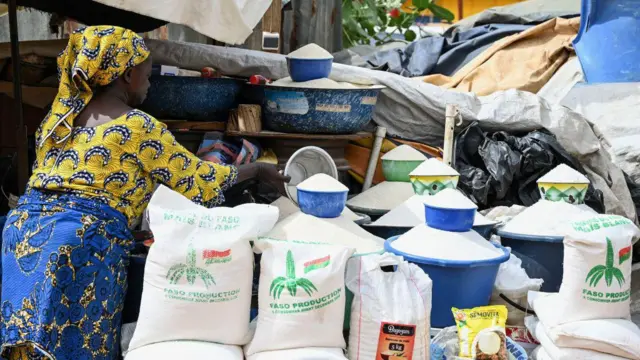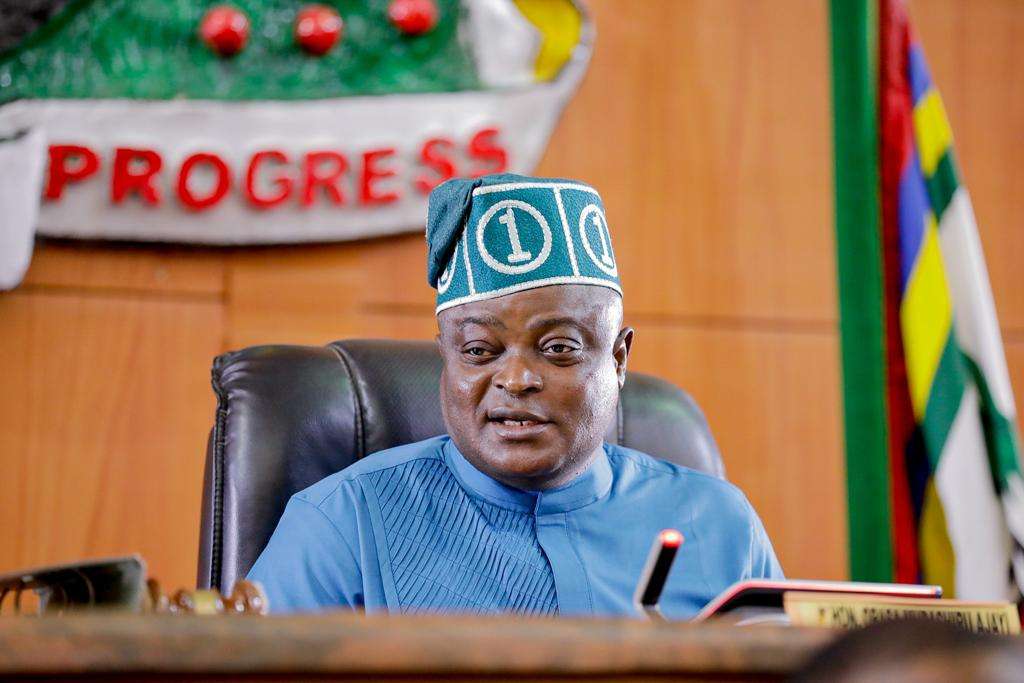Over a year has passed since Nigeria has been without ambassadors in more than a hundred diplomatic missions worldwide, raising serious concerns about the country’s standing in the global arena. As Africa’s most populous nation and a key player in the continent’s economy, Nigeria’s prolonged absence from high-level diplomacy poses significant risks to its international relations and global influence.
Since President Bola Tinubu’s inauguration, the country has faced a diplomatic vacuum after the recall of 83 ambassadors in September 2023. This decision was part of a broader reassessment of Nigeria’s foreign policy, aiming to realign its international engagements with national interests. However, the anticipated appointments of new ambassadors have yet to materialize, leaving Nigeria’s diplomatic missions leaderless and its global voice weakened.
The Minister of Foreign Affairs, Ambassador Yusuf Tuggar, emphasized that the ambassadors served at the President’s discretion, making their recall a prerogative of the administration. Yet, over 13 months later, the failure to appoint replacements has created a substantial gap in Nigeria’s diplomatic representation.
This diplomatic void mirrors previous delays during former President Muhammadu Buhari’s administration, which also saw lengthy periods without ambassadorial appointments. The implications are profound. In a world where global diplomacy is increasingly intricate, Nigeria’s lack of formal representation hampers its ability to engage with other nations and partake in vital trade and security negotiations.
Ambassadors play a critical role in managing bilateral relations, representing national interests, and participating in multilateral organizations. Their absence means missed opportunities and a diminished influence for Nigeria on the world stage. While the government has appointed 12 consuls-general and five chargés d’affaires to represent Nigeria in 14 countries, these roles are insufficient to fill the gap left by full ambassadors, who possess the authority to engage at the highest diplomatic levels.
The ongoing absence of ambassadors is not merely a procedural issue; it carries real consequences for Nigeria’s global standing, its capacity to attract international investments, and its role in shaping policies that affect the African continent and beyond.
In May 2024, the Minister of Foreign Affairs acknowledged that a lack of funds was the primary reason for the delay in appointing new ambassadors. This revelation underscores a troubling intersection of diplomacy and economics, with financial constraints stalling Nigeria’s international engagement. The Ministry’s spokesperson, Amb. Eche Abu-Ode, indicated that any new ambassadorial appointments would hinge on budget allocations, suggesting that the funds may be included in a supplementary budget.
This financial impasse raises concerns among diplomats and foreign policy experts, who warn that Nigeria’s absence from the international stage could lead to long-term reputational damage. Perception in diplomacy is crucial; prolonged inaction can signal disorganization or instability, potentially alienating investors and partners.
Many in Nigeria’s diplomatic community are calling for immediate reforms to address the country’s diplomatic challenges. Retired diplomats, such as Ogbole Amedu-Ode, have voiced their concerns over the ramifications of having diplomatic missions without substantive heads. “While a brief absence of ambassadors is acceptable, more than a year is unacceptable,” he stated, emphasizing the need for action.
Similarly, Amb. Rasheed Akinkuolie highlighted that chargés d’affaires lack the authority to engage with heads of state and that host governments may interpret Nigeria’s failure to replace its recalled ambassadors as a sign of instability. He proposed that Nigeria’s diplomatic missions be funded through dedicated accounts at the Central Bank to ensure steady financial support and suggested that a Minister of State be appointed to streamline the ambassadorial deployment process.
Economic implications are also at play, as Shadrach Israel noted the importance of ambassadors in fostering trade negotiations. Without ambassadors, Nigeria may miss critical opportunities to negotiate beneficial agreements or protect the interests of Nigerian businesses abroad.
As the global landscape grows more interconnected, the need for strong diplomatic representation is increasingly urgent. Nigeria’s absence from the diplomatic scene threatens to undermine its influence in international organizations and diminish its attractiveness as a destination for foreign investment.
While President Tinubu’s foreign policy overhaul may have aimed to realign Nigeria’s diplomatic focus, the lack of swift ambassadorial appointments has left the nation in a precarious situation. Each day without ambassadors represents another lost opportunity to assert Nigeria’s interests on the global stage.
Restoring the country’s diplomatic presence must now be a top priority for the government. With the clock ticking, decisive action is needed to appoint new ambassadors and reclaim Nigeria’s voice in international diplomacy. Only then can Nigeria navigate the complexities of global relations and secure its position as a significant player on the world stage.




